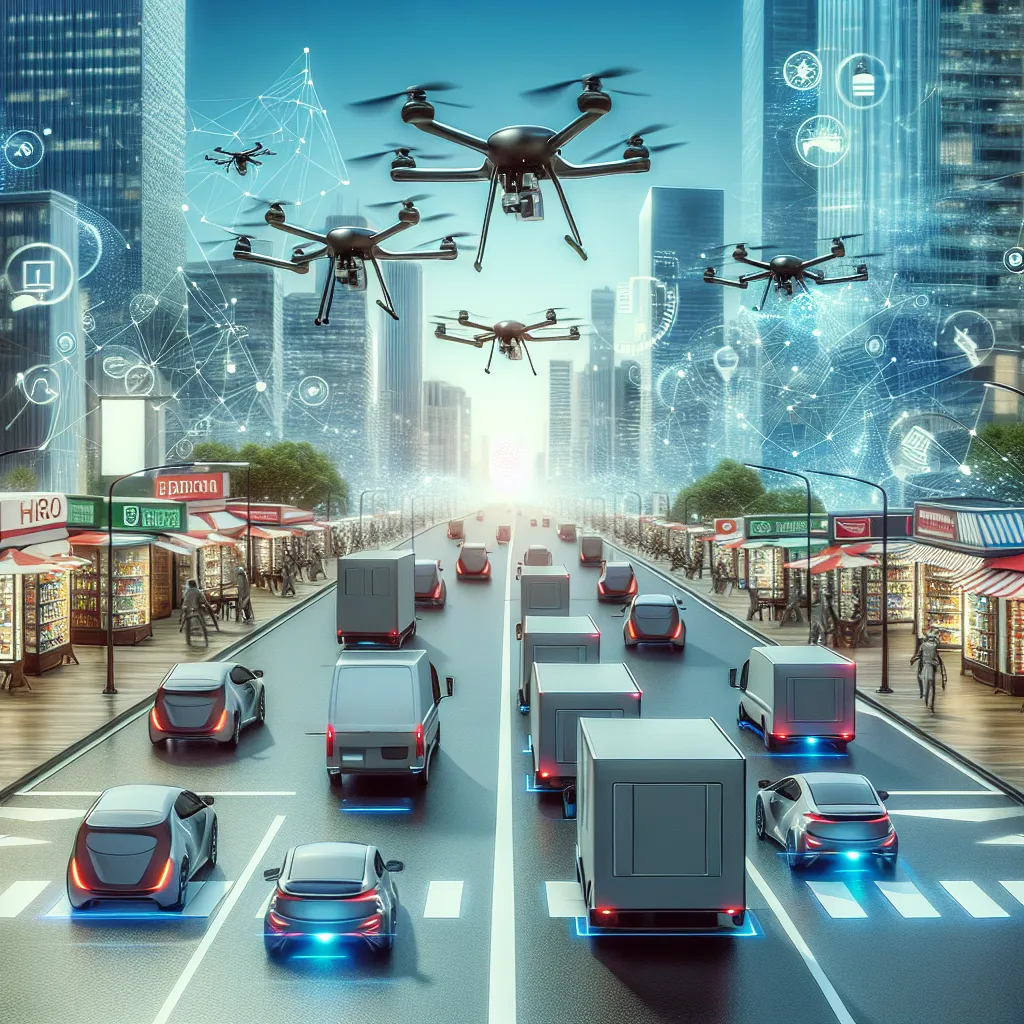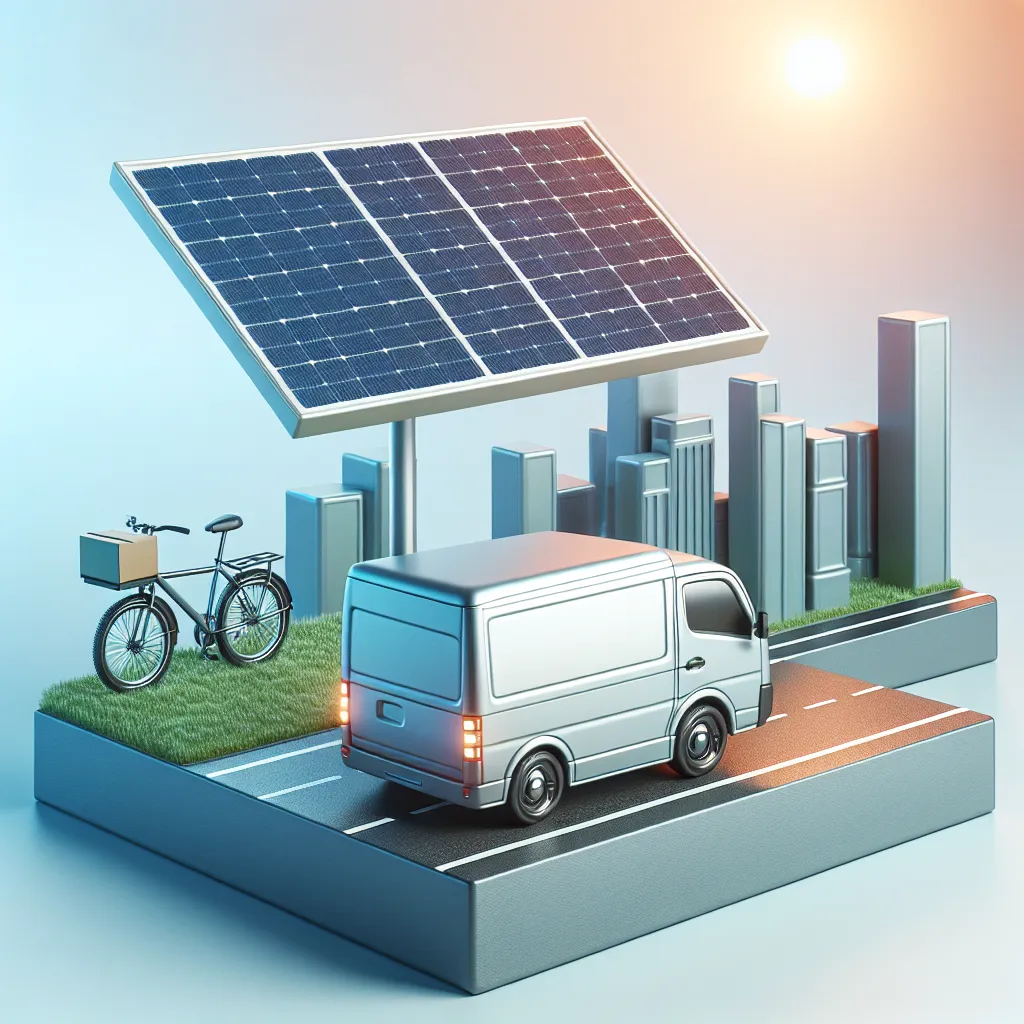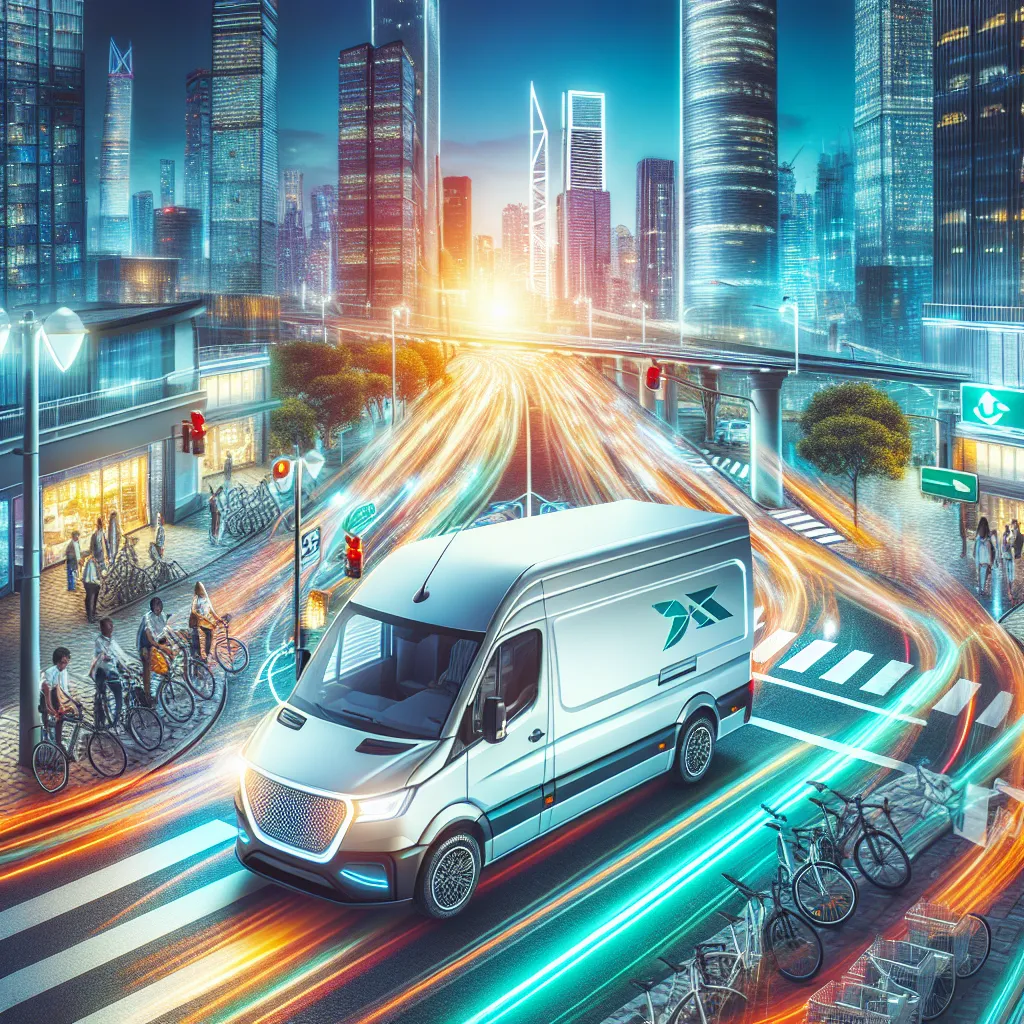The Impact of Drone Delivery on Last-Mile Logistics
Technological advancements are completely reshaping the last-mile delivery industry, with the rise of drone delivery having a significant impact on last-mile logistics. Drone delivery has emerged as a revolutionary solution to the challenges faced in last-mile delivery, offering a faster and more efficient alternative to traditional delivery methods.
One of the key advantages of drone delivery is its ability to bypass traffic congestion and deliver packages directly to the customer’s doorstep, reducing delivery times significantly. This not only improves customer satisfaction but also contributes to the overall optimization of the delivery process. Furthermore, drones can access remote or hard-to-reach areas, making it possible to deliver to locations that are otherwise difficult to access through traditional means.
Additionally, the integration of drone delivery into last-mile logistics brings cost savings for delivery companies. Drones can cover relatively long distances in a short amount of time, reducing the time and resources required for delivery. This also leads to a reduction in the environmental impact of delivery operations, as drones are more energy-efficient and produce fewer emissions compared to traditional delivery vehicles.
However, there are still challenges to be addressed in the widespread adoption of drone delivery, such as regulatory barriers, safety concerns, and the need for infrastructure development. Overcoming these challenges will be crucial in fully realizing the potential of drone delivery in reshaping the last-mile delivery industry.
In conclusion, the impact of drone delivery on last-mile logistics is undeniable, offering a transformed approach to package delivery that is faster, more efficient, and potentially more sustainable. As technology continues to advance, the integration of drones into last-mile delivery operations is likely to become more prevalent, bringing about a new era in the delivery industry.
Autonomous Vehicles Revolutionizing the Last-Mile Delivery Process
Technological advancements have been rapidly reshaping the last-mile delivery industry, with a significant focus on the revolutionary impact of autonomous vehicles. These self-driving vehicles are at the forefront of transforming the last-mile delivery process, offering unprecedented efficiency, cost-effectiveness, and sustainability.
Autonomous vehicles are poised to streamline last-mile delivery operations by optimizing route planning, reducing delivery times, and minimizing the need for human intervention. With advanced sensing technologies and real-time data analytics, these vehicles can navigate complex urban environments and adapt to dynamic traffic conditions, ensuring timely and reliable deliveries.
Furthermore, the integration of autonomous vehicles in last-mile delivery holds the promise of reducing operational costs and environmental impact. By leveraging electric or hybrid propulsion systems, these vehicles contribute to the sustainability of delivery operations, aligning with the growing emphasis on eco-friendly logistics solutions.
As autonomous vehicles continue to mature and gain widespread acceptance, they are set to revolutionize the last-mile delivery landscape, offering unparalleled efficiency, scalability, and customer satisfaction. With ongoing innovations and regulatory advancements, the seamless integration of autonomous vehicles is poised to become the new standard in the last-mile delivery industry.
How Artificial Intelligence is Streamlining Last-Mile Delivery Operations
Artificial intelligence (AI) is revolutionizing the last-mile delivery industry by streamlining operations and improving efficiency. AI-powered algorithms are optimizing route planning, vehicle loading, and delivery scheduling to ensure that packages are delivered in the most efficient and cost-effective manner. By analyzing vast amounts of data, AI can identify patterns and trends that enable delivery companies to make more informed decisions about their operations. This has led to reduced delivery times, lower transportation costs, and improved customer satisfaction.
Moreover, AI is enabling the use of autonomous delivery vehicles and drones, which have the potential to further transform last-mile delivery. These vehicles can navigate through traffic and congested urban areas more efficiently, delivering packages directly to customers’ doorsteps. AI algorithms also play a crucial role in monitoring and managing these autonomous vehicles, ensuring safe and reliable delivery operations.
Furthermore, AI-powered analytics are helping last-mile delivery companies predict demand, optimize inventory management, and anticipate potential disruptions. By leveraging machine learning and predictive modeling, these companies can proactively address challenges and adapt their operations to meet changing market conditions.
In conclusion, artificial intelligence is reshaping the last-mile delivery industry by driving operational efficiency, enabling the use of autonomous vehicles, and empowering companies to make data-driven decisions. As AI technology continues to advance, we can expect further improvements in last-mile delivery, ultimately benefiting both delivery companies and their customers.




